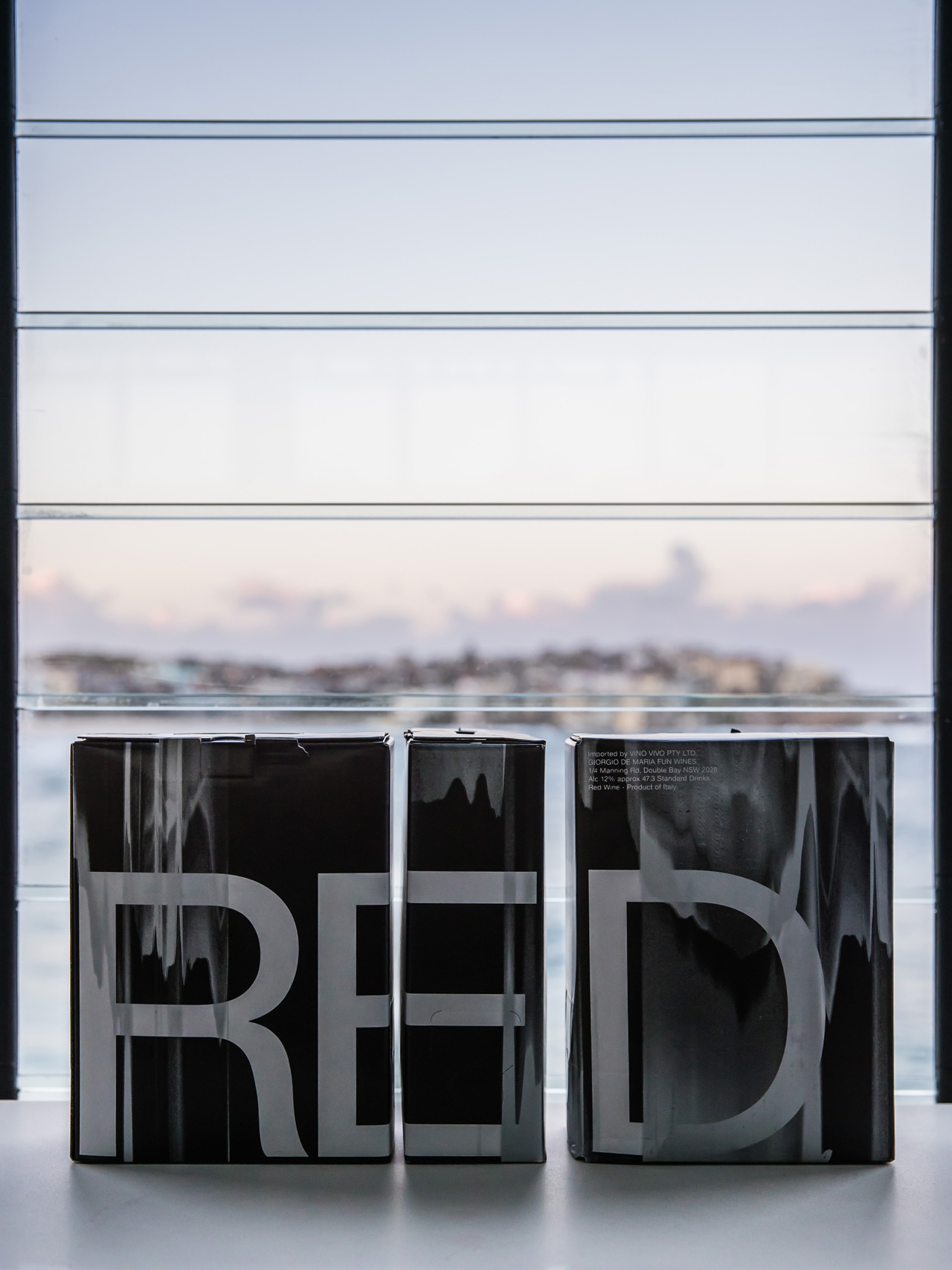News feed
 As far as dark confessions go, I have one that, more often than not, elicits the accusation that I’m ‘un-Australian’: I’ve never tried cask wine.
As far as dark confessions go, I have one that, more often than not, elicits the accusation that I’m ‘un-Australian’: I’ve never tried cask wine.
Perhaps it’s because, at the height of my insufferable adolescence when most begin experimenting with cask wine, I refused to drink anything less than the most luxurious of entry level beverages: Oyster Bay sauvignon blanc. Or perhaps it’s because I never attended a college party in a country town, where most of my friends’ cask wine war stories tend to have their origins. More likely it’s owing to my staunch belief that a Hills Hoist is best left to its own devices when not being used in the service of clothes drying. Whatever the reasons, the innumerable pleasures of a cask wine have always eluded me – and recent research suggests I’m not alone in my inadvertent aversion.
Earlier this year, Wine Australia reports indicated that the volume of red and white wine cask sales in Australia had fallen by five per cent in the previous 12 months. That decline was mirrored in the findings of the Australian Bureau of Statistics, who have traced a 30 per cent drop in cask wine sales between 2004 and 2014, while bottle sales increased by almost 40 percent over the same decade. That most Australian of inventions – not the Hills Hoist but the goon sack, as cask wine has so affectionately come to be known since it was birthed by the South Australian winemaker, Tom Angove, in 1965 – may be falling out of favour, but a growing movement of cask wine advocates, sommeliers and small producers working out of some of our top restaurants are looking to redress its lingering image problems for a new generation unafraid of thinking outside the box to what’s inside the cask.
“I love the idea of making great wine accessible,” says James Hird, Group Sommelier of the Icebergs Group of restaurants. “Anything that can make well farmed wine from revered regions such as Piemonte more affordable with less edifice, the better.” Today, Hird and his contemporaries behind the Icebergs Group’s taste-making venues are unveiling the first in several bag-in-box collaborations they’re undertaking as part of a concerted effort “to change the prejudice against cask wine”.
Citing increasing wine prices from both local and international distributors, the group have collaborated with Carrusin, a producer from the d’Asti region in Piedmont of northern Italy, who farms bio-dynamically to produce wines with few additions other than the vintage listed on the label (aside from a low dose of sulphur at the time of packaging). The result of their first venture is a 2016 vintage Barbera d’Asti dubbed ‘Barbera Terzini’ for the restaurateur behind the enterprise, Maurice Terzini. Packaged in a manner that tricked one colleague into thinking I had a contemporary art tome sitting on my desk, the boxed wine has been made from organic grapes and with wild yeasts and, true to the region’s form, it’s a juicy Barbera – full of fruit and not as intensive as other wines the region is famous for, heavy-handed nebbiolo chief amongst them. “This bio-dynamically grown Barbera is an example of working with the farmer to reduce the footprint and costs of the wine on the way to Australia, [making] the wine more affordable”, continues Hird.
High quality Italian cask wine has been imported by the Sydney sommelier and importer Giorgio de Maria for some time now, so it was only natural that the group should turn to de Maria on the importing logistics for this new endeavour. Prior to today’s launch, De Maria’s namesake Fun Wines company had sold out of his own supply of a similar Carrusin cask wine; so too has the online wine merchant, DRNKS – both testament, if anything, to a growing local demand for high quality Italian wines, packaged more economically and enjoyed at a lower price range.
In addition to the Barbera, Hird and Terzini are currently working on Rosé, White and Orange cask wines with several producers that are slated for release in the upcoming months. Until then, the Barbera d’Asti is available from today by the glass at Icebergs, Da Orazio Pizza + Porchetta, Bondi Beach Public Bar and The Dolphin Hotel ($9). It is also available to purchase in full from the bottle shop at The Dolphin ($55).
Tile and cover image: Courtesy of Icebergs










